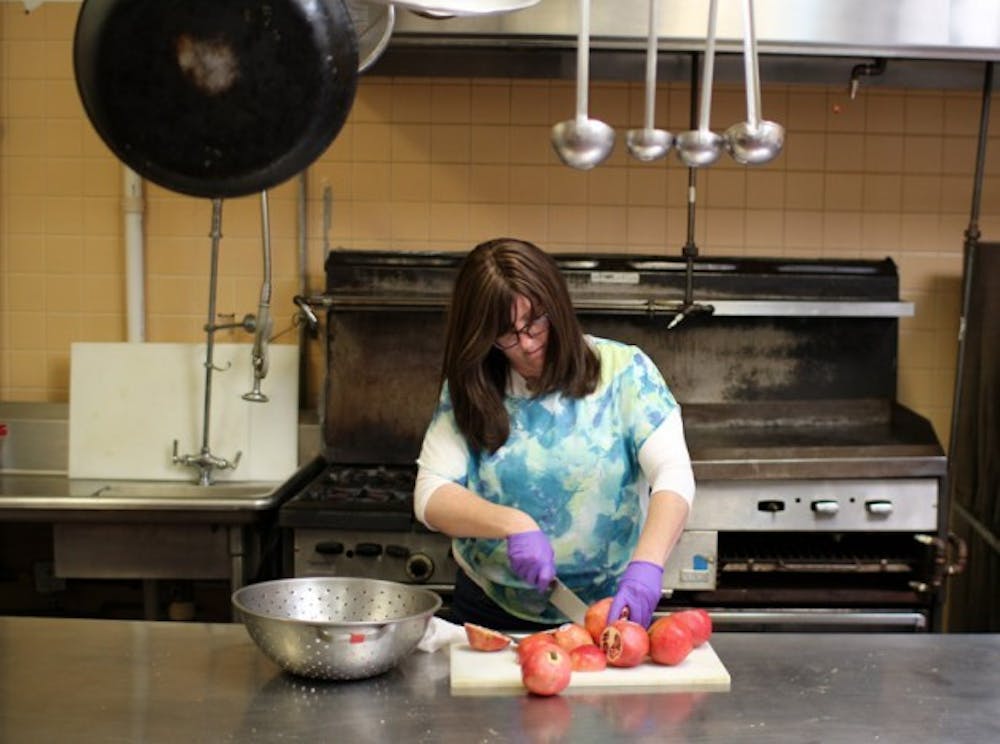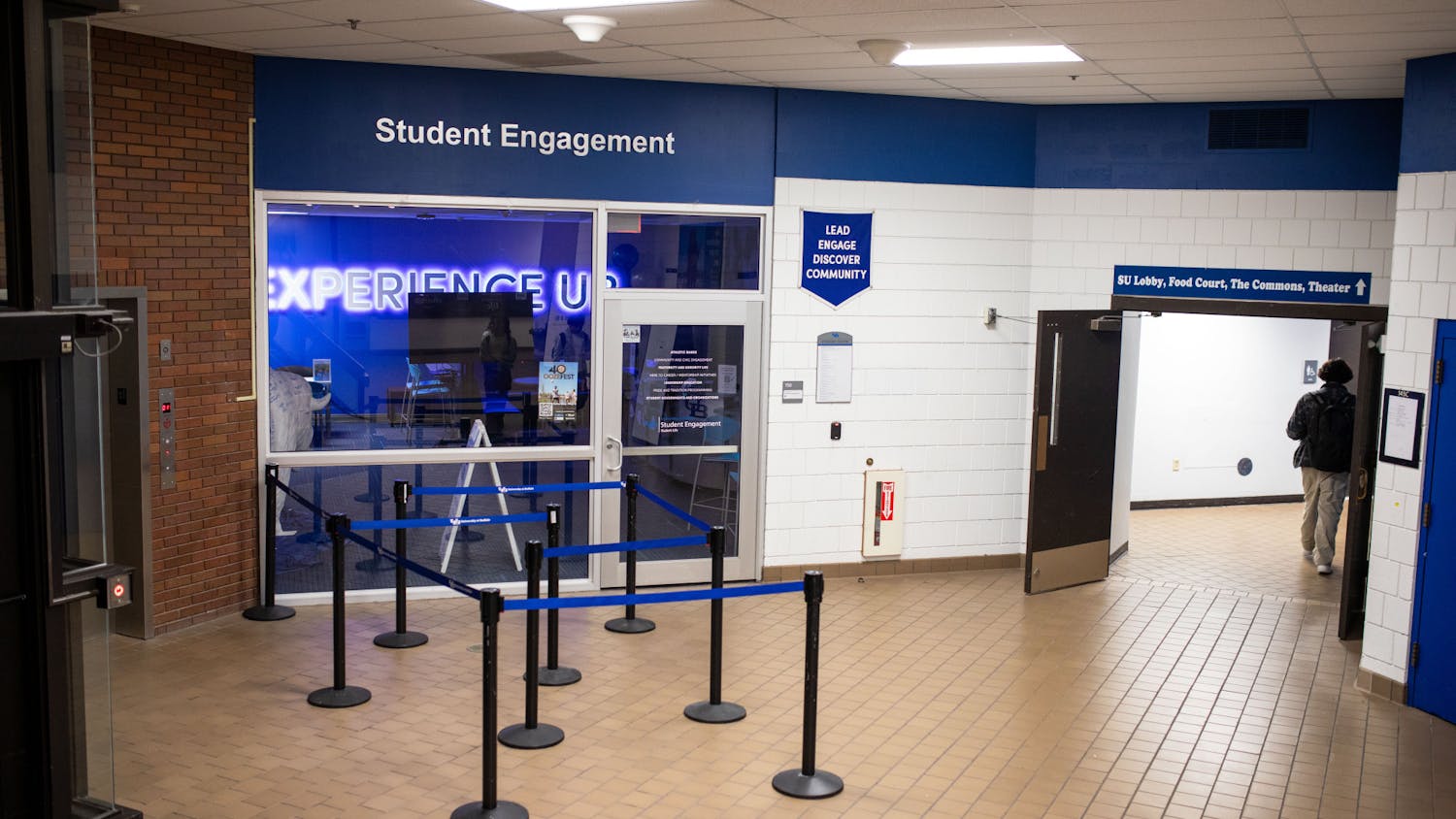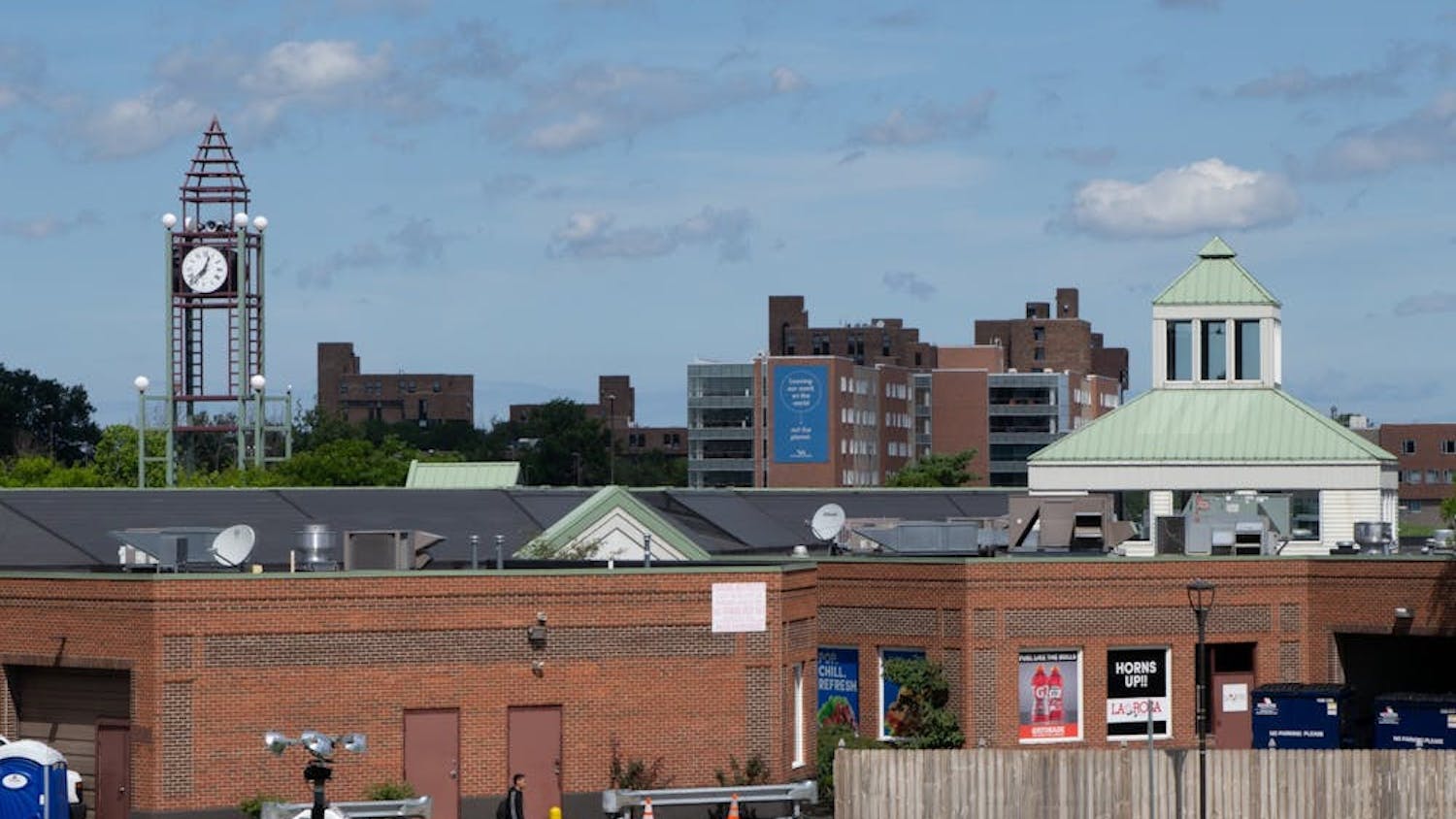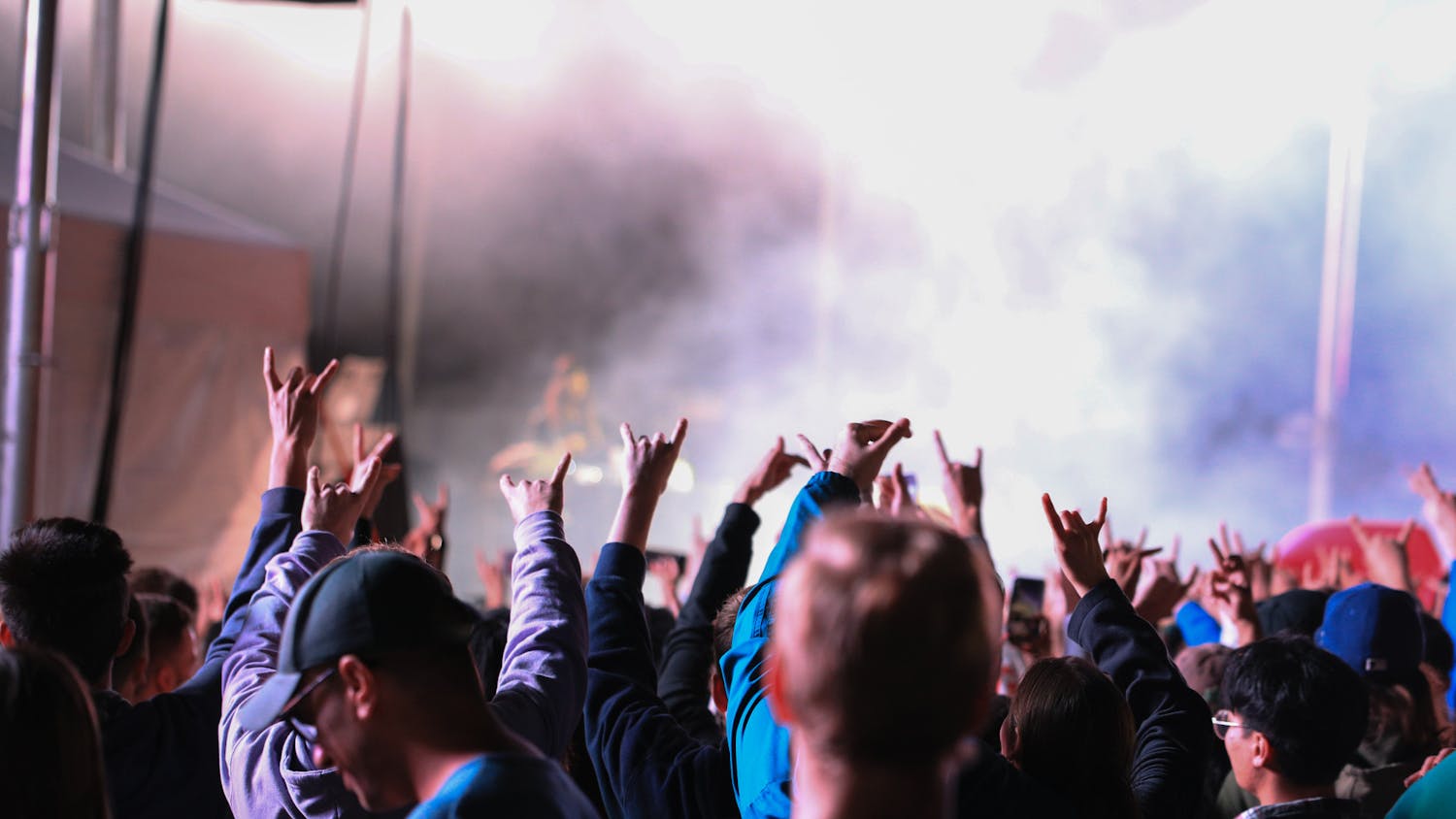Halley Davide asked her professor if it was acceptable for her to get the notes she would miss from class on Thursday due to her observance of Rosh Hashanah, the Jewish New Year. She said her professor looked her in the eye and bluntly said, “Well, I hope you have friends in the class.”
This is the first year in 37 years that UB is not canceling classes starting at 6 p.m. on the eve before and ending at 6 p.m. the eve of the Jewish high holidays – Rosh Hashanah and Yom Kippur. Although Yom Kippur, the day of fasting and repenting, is on a Saturday this year, the New Year falls on Thursday, Sept. 25.
“New York State is not Kansas,” said Richard Cohen, Ph.D. professor in philosophy and Director of the Institute of Jewish Thought and Heritage. “New York State has about 1.7 million Jewish people living in it. There’s no other state like that in the United States. In the same way, Utah, it would be foolish to have a class on a major Mormon holiday.”
The decision to modify the class schedule was based on the university’s desire to move toward a “year-round university,” according to Ezra Zubrow, the chair of UB’a Faculty Senate. The first six-week summer session was held in 2008 and then the Faculty Senate voted to add a three-week winter session that started in 2013. In both instances, the academic calendar needed to be adjusted.
The calendar committee contemplated many options for changes throughout the almost four-year process of adding a winter session. They considered holding class on Labor Day and one of the Jewish holidays or cutting winter break or spring recess. Another possibility discussed was or starting the winter session before New Year’s Eve, according to Zubrow.
“It is unfortunate that these are the costs of having a year-round, fully engaged university,” he said.
The Faculty Senate Executive Committee recommended the academic calendar to UB’s president. They “asked for this revision to establish at UB a policy more appropriate for a state institution. These calendar modifications are intended to insure greater continuity in the academic schedule and minimize course disruption for students,” according to UB’s Academic Calendar and the Jewish Holidays frequently asked questions.
Rabbi Moshe Gurary, one of the Rabbis at the Chabad House Jewish Center, is concerned the new policy will make it difficult for students of the faith to participate in Rosh Hashanah, especially if they have to worry about making up for lost class time or exams.
“Taking away their holiday is taking the connection many students have with their faith,” he said.
The rabbi does not fault the university for its decision, given that students will be excused from class with his permission.
Davide does fault the university. She believes UB’s new “religiously neutral” academic calendar “is ironic.” UB emphasizes the diversity of the student population, both religiously and ethnically, yet it is hindering students’ abilities to express their religious beliefs freely, she said.
Cohen thinks the calendar has always been religiously neutral – it “simply recognized” a large proportion of the student body being Jewish would have to be accommodated.
“UB is an increasingly multicultural public institution that enrolls students of dozens of cultures and religious faiths,” according to UB’s Academic Calendar and the Jewish Holidays FAQ sheet. “Even the holiest of their holy days are not class free, however. The exceptions are the Christian holy days of Christmas, which is a national holiday on which the entire university is closed, and Easter, which falls on a Sunday when classes are not in session.”
As a four-year research university in the SUNY system, UB is mandated by the state to have a certain number of class days per semester, which is different than the guidelines for the SUNY four-year comprehensive universities, according to Zubrow.
Binghamton is also considered a four-year research university in the SUNY system. UB has 70 class days in the fall semester while Binghamton has 67 class days and doesn’t hold class for Rosh Hashanah or Yom Kippur.
However, UB is considered a “very high” research institute while Binghamton is a “high” research institute, according to the Carnegie Classification of Institutions of Higher Education.
The instructional year must include a minimum of 30 weeks of instruction, including exams and no semester may be fewer than 14 weeks, according to SUNY Academic Calendar regulations.
Many students and professors will not attend class on Thursday and those students who do miss class will have to be accommodated with makeup exams and classes, Cohen said. He believes holding class is a disruption and a mistake, having very little to do with religion.
“If we had thousands of Muslim students, then it wouldn’t make sense to have classes on major Muslim holidays,” he said. “Because we have tens of thousands of Christian students, we don’t have classes on Sundays. Because we have a few thousand Jewish students, we previously did not have classes on Rosh Hashanah and Yom Kippur. Since we still have thousands of Jewish students, I think [holding classes] is a mistake.”
Mohammed Shariff, a senior biology major and president of Muslim Student Association (MSA), said seeing Jewish students get the day off from class gave him hope that one day Muslims would get the day off to observe holidays like Eid and for Friday sermons. Every Friday Muslims are religiously required to attend Juma, Friday sermons, and he said “professors are notorious for refusing to allow students to leave class or lab or an exam to attend [Juma].”
It is forbidden for Jews to work during Rosh Hashanah because it’s one of the highest holy days in the Jewish calendar, according to Gurary.
“On these days, the Torah prohibits work,” according to chabad.org. “At a sacred time, work or any involvement in the mundanities of the week will subvert that sacredness.”
Zach Korman, a senior business major, has an exam on Friday. Although he could have rescheduled it, he wanted to “get it over with” and not cause any difficulties. However, he will be studying over the holiday.
He feels it’s “ridiculous” that students don’t get the day off just to have more days for a winter session.
“It shows they care more about the university rather than respecting the people that actually attend their university that need to observe their religion,” he said.
Shariff believes the university has every right to be religious-neutral but that means the school needs to “start honoring Muslim requests for time off on holidays.”
Students are often not excused from classes for these religious obligations and it’s not until MSA or a Mosque pressures the university that a student will be excused, Shariff said. He said many students “don’t want the trouble.”
The university ensures students have the ability to observe religious holidays with “no negative consequences” and “that no members of the university community are compelled to work, teach or attend classes in a way that impacts their ability to practice their faith,” according to UB’s Academic Calendar and the Jewish Holidays frequently asked questions.
Giselle Lam and Rachel Kramer contributed reporting to this story
email: news@ubspectrum.com





